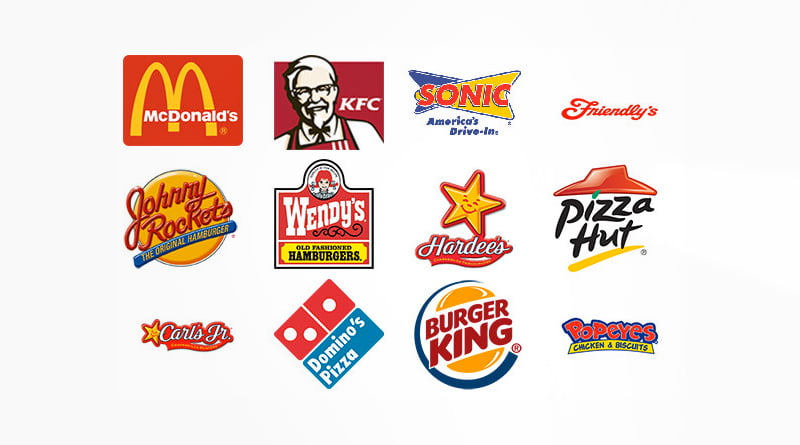
Franchises
In recent days, 26-year-old entrepreneur Thalia Nunes Lima has gone viral on TikTok.
The reason? Thalia shows a closed kitchen and explains that The B-Burgers chain would have closed more than 100 franchises after mismanaging its franchisees.
The chain had as one of its partners, the influencer Carlinhos Maia and according to the entrepreneur, she was one of the countless people who allowed themselves to be influenced by Carlinhos to become a franchisee of the chain with the aim of achieving absurd sales and profits.
The B-Burger was founded in 2018 in the city of Aracaju (SE) by chef Ítalo Bruno and decided to start its expansion in 2020, reaching a total of 20 stores that year. Only in 2021, the network started to have Carlinhos Maia on its membership list.
The result was the sale of more than 100 franchise units that were unable to receive adequate support for their structuring and proper functioning. As a result, many franchisees received poor reviews from their customers and consequently had to close their doors.
This leads us to the question: how do successful franchises work?
One successful franchise is the one that manages to establish and maintain a solid business model, consolidated through results in its own operations, which creates an example for franchise modeling.
But that alone doesn’t mean success either! When formatting a franchise, the franchisor, with the help of consultancy, must take into account external factors and an appropriate model for expansion in different areas, as well as investing in continuous support for franchisees.
In other words, there are key factors that contribute to the success of franchises such as Cacau Show, O Boticário and Chilli Beans, for example.
In this article, we will address these factors.
Distinctive business concept
Firstly, a franchise must have a proven and differentiated business. This means that the franchise, being a physical store, must offer a shopping experience. Quality product or service is no longer a differentiator. This is because, for customers to prefer going to a franchise, they are looking for a sensitive and emotional experience.
Replicability and scalability in your business
Furthermore, this business model must be replicable and scalable, that is, it must be easily reproduced in different locations and even markets. The challenge of formatting the business into a replicable model is ours, the consultancy's, therefore there is no good franchise without good consultancy. Therefore, the consultancy is the curator of the Franchises.
Ongoing support
Another essential factor is the ongoing support that a franchise must offer its franchisees. This includes everything from initial and ongoing training, assistance in selecting a commercial location, analysis of rental costs x revenue projection, detailed geomarketing analysis regarding location, support in hiring employees, as well as marketing and advertising actions, in addition to supply of consistent products or services.
In other words, by offering a well-structured support system, it ensures that franchisees have the tools and knowledge necessary to become part of the success of the franchise they have chosen.
Effective communication and transparency
It is also worth mentioning that a successful franchise maintains active and effective communication with its franchisees. The goal is to exchange information, listen to your concerns and provide constructive feedback for the improvement of all parties involved. This means that a good franchisee has field consultancy aimed at working on the franchise with the franchisee and his team, this way, the franchisee is never alone.
Innovation and adaptation to the market
And of course, we cannot forget the importance of innovating and adapting in a market that is constantly evolving. Successful franchises They are always attentive to market trends and are able to adapt to new demands and opportunities that arise.
This can range from introducing new products to implementing technologies to improve customer service or even expanding into new markets.
Responsibilities of a franchisee and a franchisor
It is worth highlighting the responsibilities of a franchisee and a franchisor:
- Franchisee: think and act local! It is the franchisee's responsibility to put into practice the teachings that the franchisor has given, from sales techniques, stock control, hiring guided by the detailed profile, carrying out cash control, withdrawing agreed pro-labore, brand purchases and from approved or recommended suppliers, that is, the franchisee is responsible for running the franchise on a day-to-day basis.
- Franchisor: It is the franchisor's responsibility to continuously monitor the results of the franchises, always being ready to help the franchisee with whatever is necessary. So, be aware of market trends, competition, crises, develop new products and services, promote the brand, develop new technologies that support the franchise, invest a lot in continuous training (EAD), access the franchise's ERP and monitor purchases, finance and inventory, as well as carrying out audit work, but not with the aim of punishing, but rather contributing to better results for both.
Finally, a franchisor is a new business, in which the product is the franchise, so if you dream of being a franchisee, first develop your business thinking about expanding, always think about what this operation would be like in the hands of a third party? How is it possible to deliver the same service and product to the customer in another city or state, guaranteeing the same experience as in your business? The challenge is not small, but it is great! Count on Conex Negócios to help you.
📱 +55 48 99132 1934
✉️ contato@conexnegocios.com.br
📷 Follow on Instagram

Alessandra Rech Tortelli is CEO of Conex Negócios, graduated in Administration and has an MBA in Retail Management, Franchise Management and Omnichannel Retail. She worked as an internal consultant and manager of large companies, such as: Tintas Renner, Arezzo, Portobello Shop, Mormaii, Confecções Brandili, etc., in 2010 she founded Conex Negócios, a consultancy company focused on Structuring and Expansion of Companies, she is also a speaker, teacher and creator of the startup ConexHub. Alessandra loves challenges and being connected with entrepreneurs, promoting exchanges, experiences and knowledge. She believes that we are all interconnected, that the challenge of one is the challenge of all!
